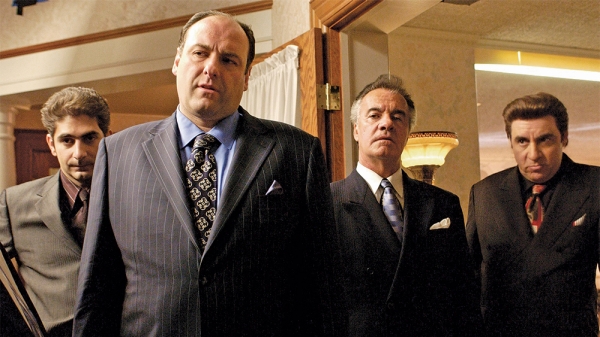In: Entertainment, Pop Culture, TV
This take on The Sopranos will change how you see the finale
The Sopranos turns 20 today. That’s 20 years since we were introduced to the tough, emotionally-crippled, scarfing-down-gabagool-infront-of-an-open-fridge-loving mob boss with mommy issues Tony Soprano as he attempted to lead his fellow goombas in a modern world where the mafia’s power was a shell of its former self. Tony would order a hit on a rat one minute, then sit for a therapy session to deal with his severe anxiety the next. It was a show unlike anything that came before it, ushering in the golden age of television by proving writers could turn traditional archetypes on their heads and still dominate in the ratings. It also made “miniseries” a household name. Mad Men. Breaking Bad. The Wire. All made possible by the sheer ballsiness of The Sopranos.
The raw ultra-violence of a classic mob movie mixed with heady therapy sessions that forced Tony to confront his emotions were as much a statement about us, the viewer, as they were about the macho attitude of the genre. We were being interviewed in Jennifer Melfi’s office right alongside Tony as she forced us to question our own obsession with violence. Why could we not seem to get enough of these evil, murderous, woman-beating gangsters? Why did we root for them? Why did we identify with them?
That reconciliation of our own obsession with violence is a prevailing theme of the series, which TJ Quinn highlights in a mind-blowing Twitter thread. He even ties the theme into the controversial finale. And if you hated that closing scene in the restaurant, his take might even change your mind about it.
***The rest of his post is a massive spoiler***
First, here’s the finale, in case you need a refresher…






